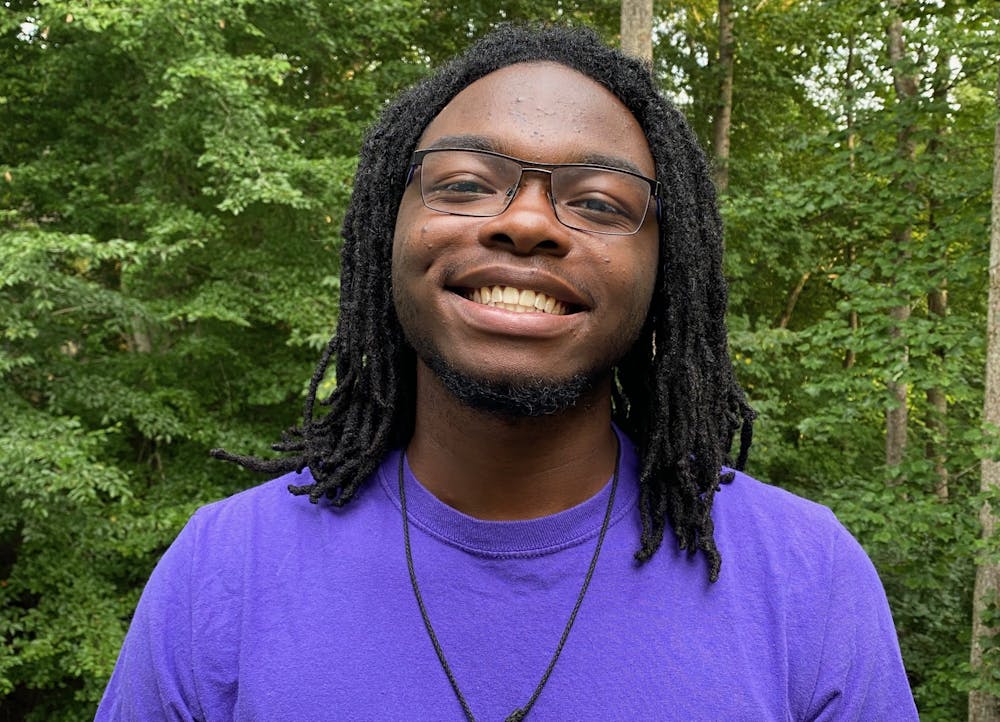As an avid fan of the NBA playoffs, even during the bubble, my Wednesday evening looked much different than I anticipated.
I was expecting to kick the night off by watching the Milwaukee Bucks, led by Giannis “Equality” Antetokounmpo, close out the Orlando Magic in Game 5 of the first round. I expected to see the words “Black Lives Matter” run across the top of my screen again with the majority of the players donning a short message on the back of their jerseys. I thought I would have something to distract me from my homework and occupy several hours of my time.
Of course, none of that happened. But knowing what happened in Kenosha, Wisconsin, on Aug. 23, there’s no way it could have.
Jacob Blake, a 29-year-old Black man, was shot by police seven times and is now paralyzed from the waist down, an incident that happened not too far from where the Bucks typically play. It was reported that the Boston Celtics and Toronto Raptors discussed not playing in Game 1 of their series, but the Bucks took it upon themselves to make the first move.
From there, the Bucks were able to start a chain reaction around the sports world. The WNBA soon announced they too would not be playing after players from the Washington Mystics arrived to the game in shirts that spelled the name "Jacob Blake" and had seven bullet holes on the back, representing the seven times Blake was shot by police. WNBA players first led the charge to put a message on their jerseys when it was announced Breonna Taylor's name would be on every player's uniform.
The Milwaukee Brewers followed suit and refused to play their game against the Cincinnati Reds. Naomi Osaka opted not to play in her semifinal tennis match. The MLS did not play five of its six scheduled games. One of the latest reports is that players for Wednesday and Thursday's NBA playoff games will all be refusing to play in protest, and the postseason may resume this weekend. Former Tar Heel and current TNT analyst Kenny Smith even walked off the set of “Inside The NBA” in solidarity with the players.
What was telling about yesterday wasn’t just that we were devoid of sports for the night.



